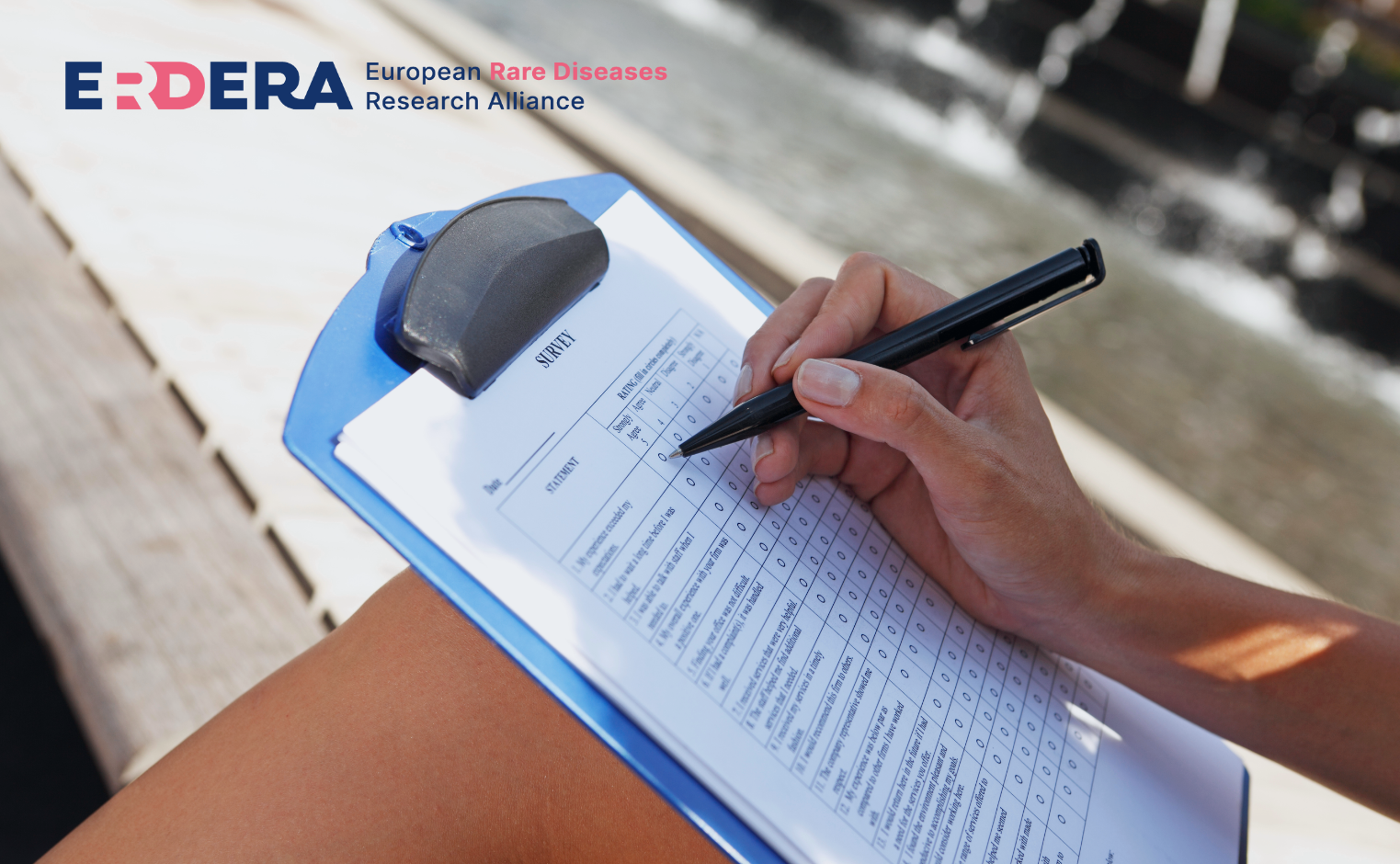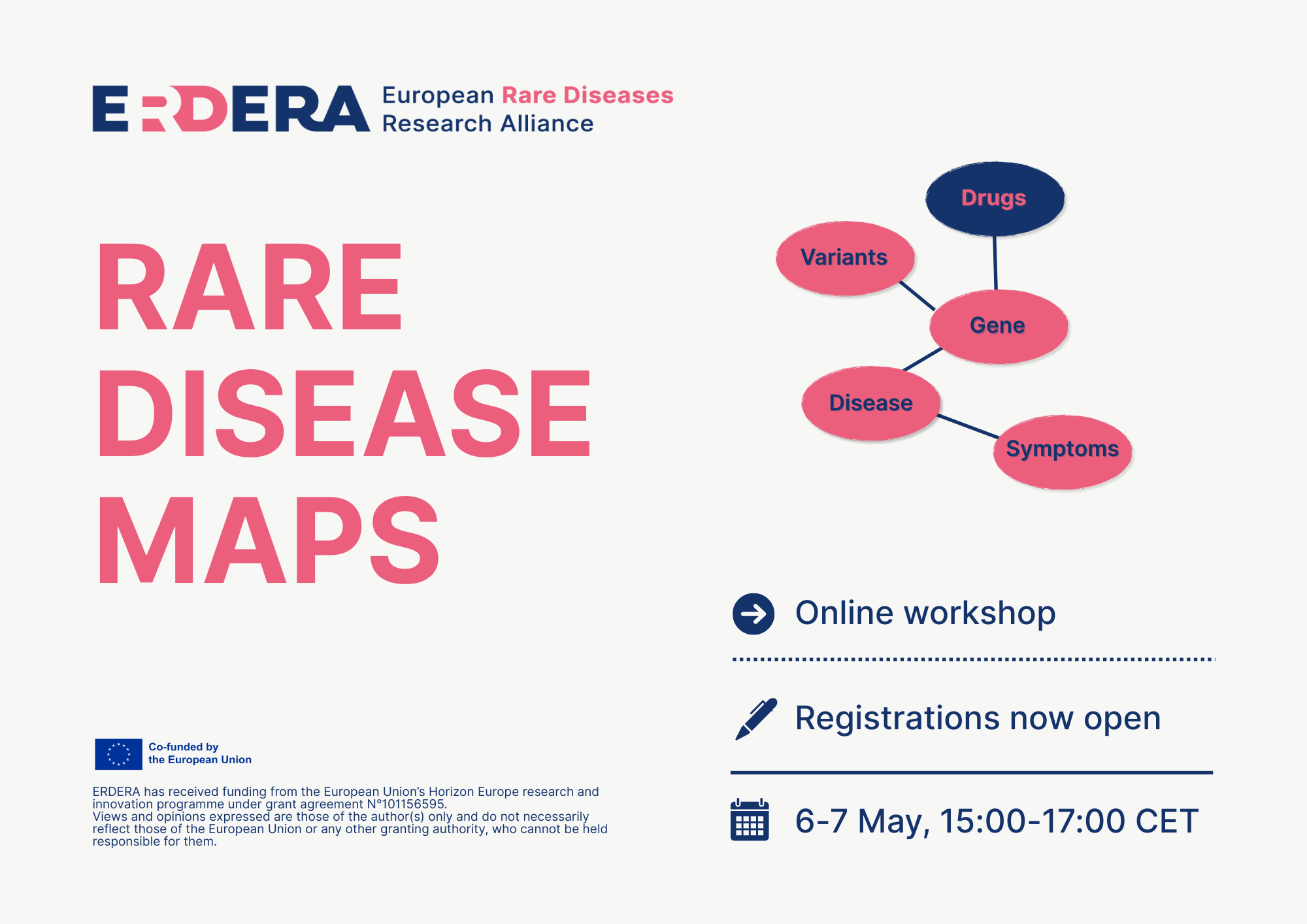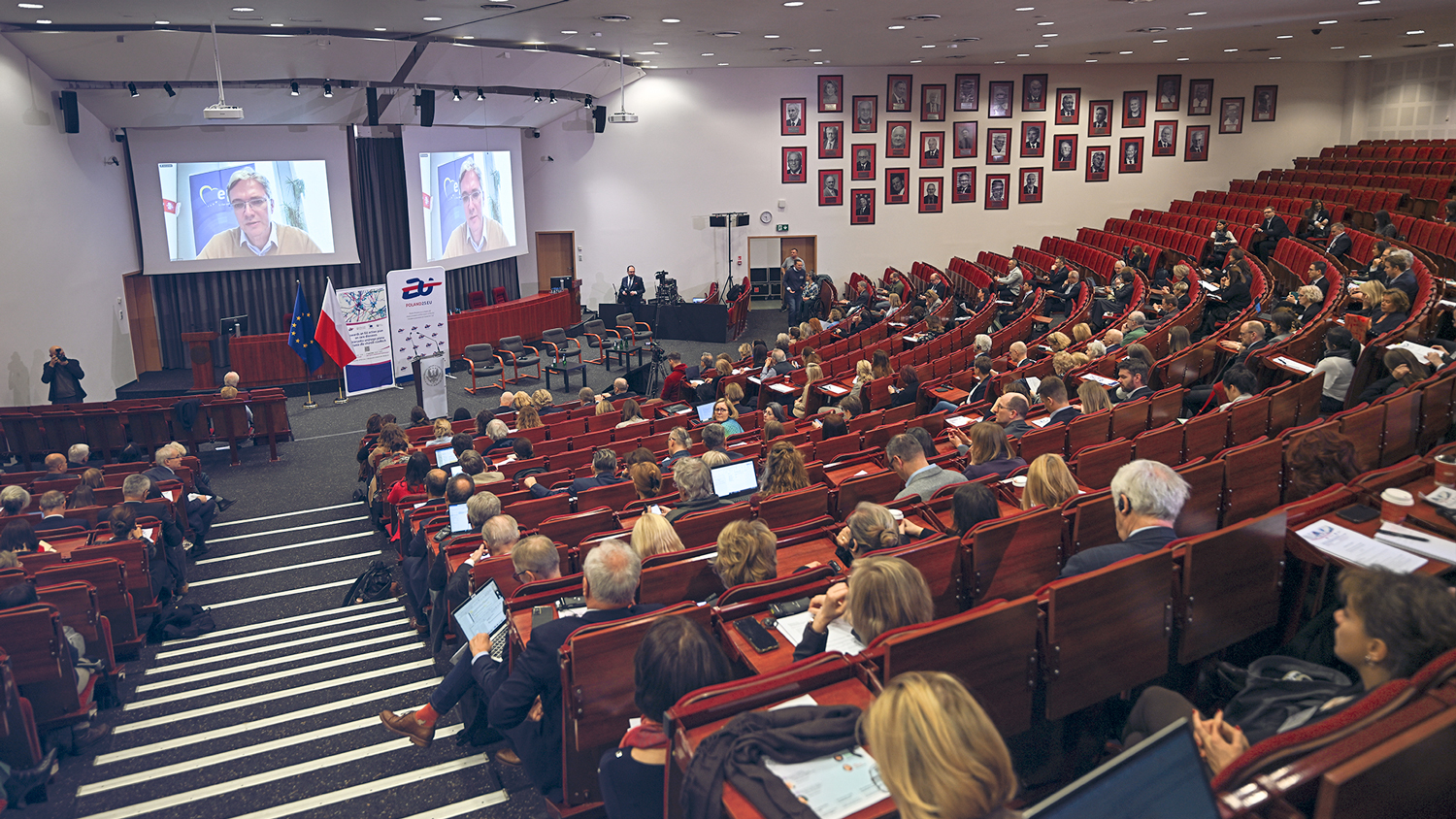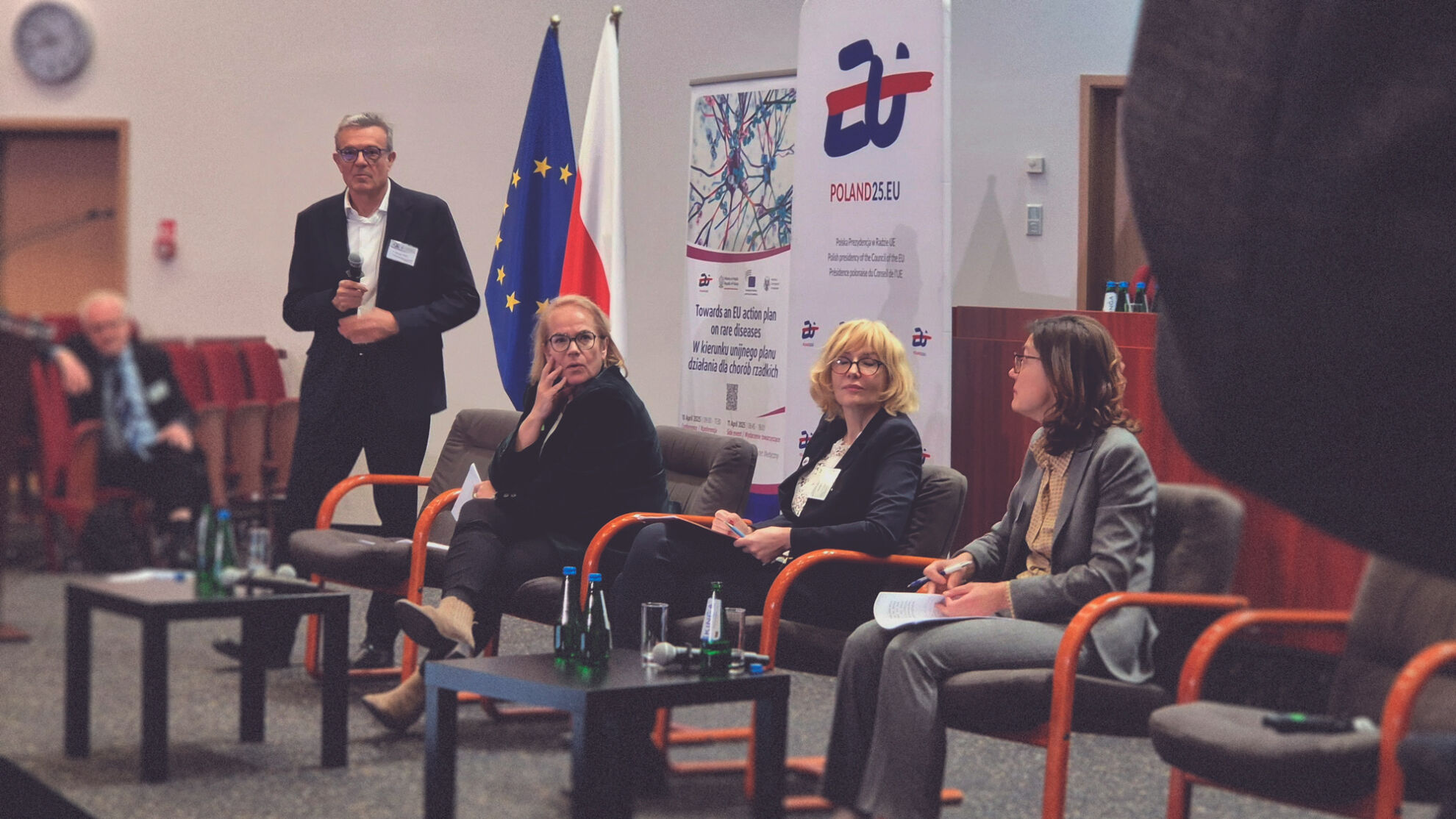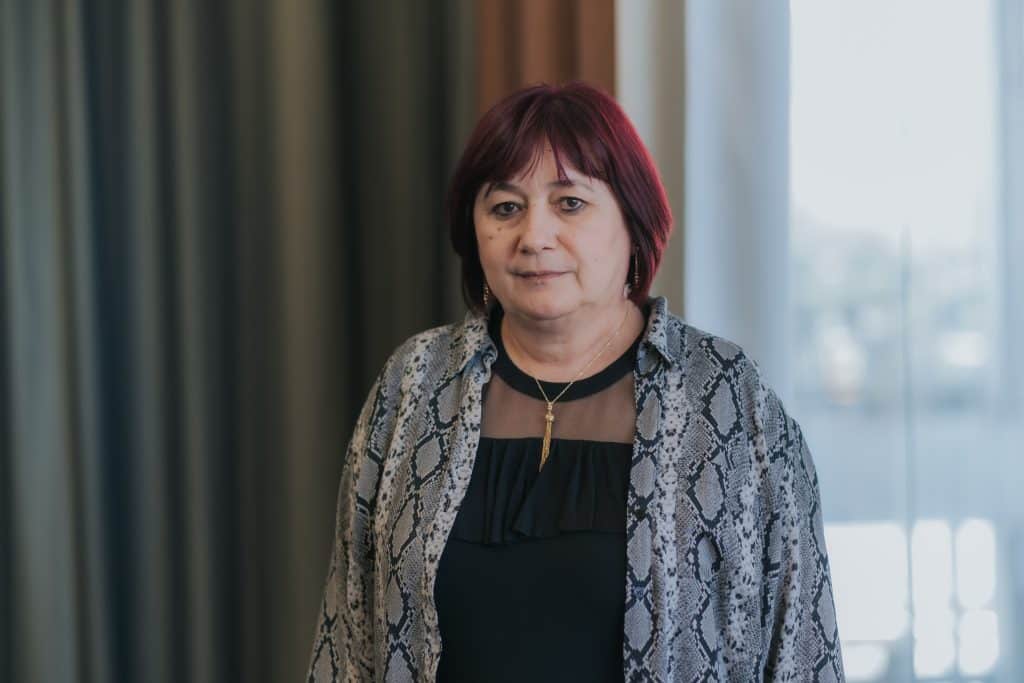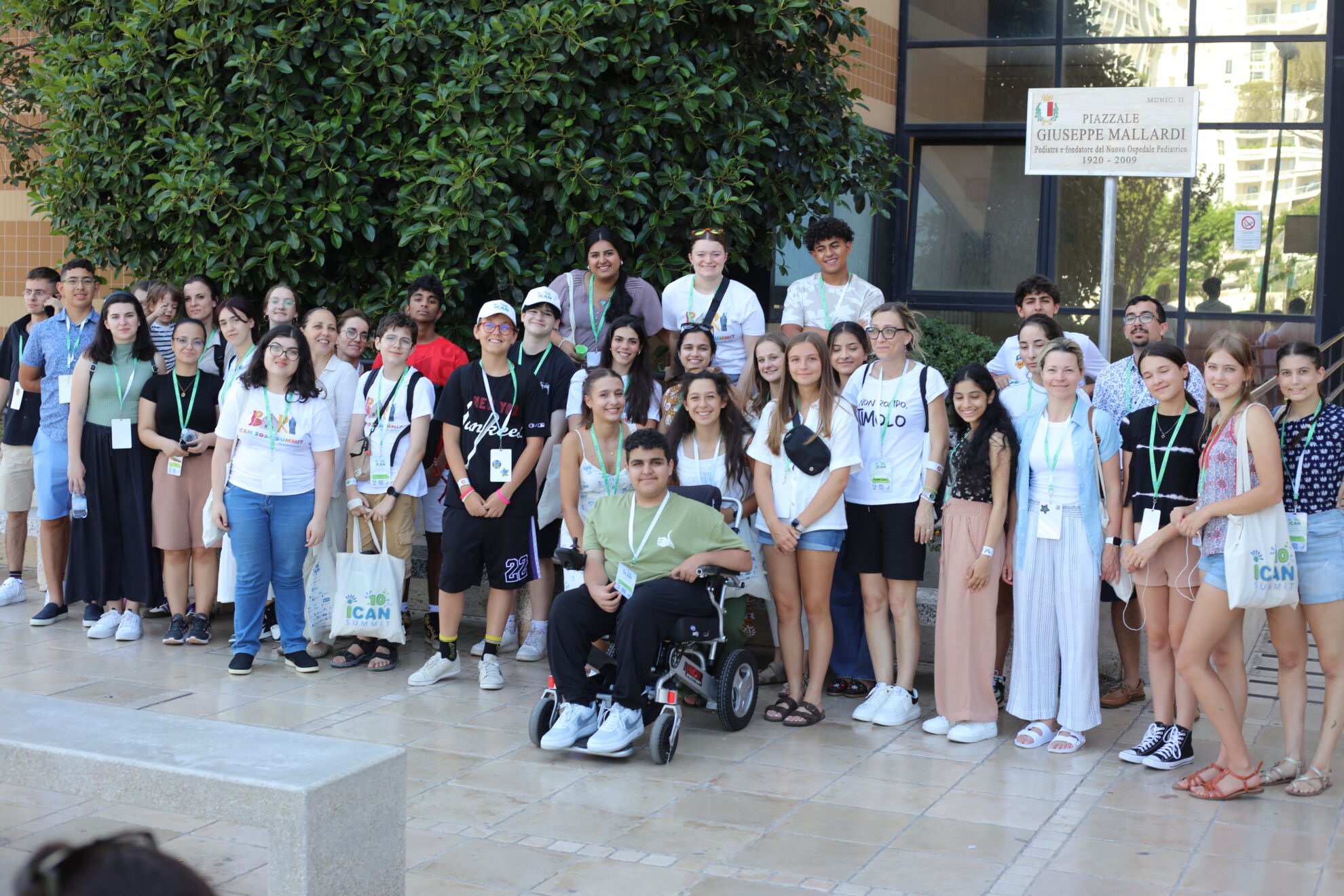A new questionnaire, “Promoting capacity-development actions” – has been released under one of the teams developing the European Rare Diseases Research Alliance (ERDERA) team that focuses on harmonization of the different national capacities. The goal is simple but urgent: to capture first-hand evidence of the funding gaps, technical hurdles and policy barriers that still keep many low- and middle-income or smaller European nations on the sidelines of global rare-disease science.
The short online survey asks researchers, clinicians, patient-group leaders and policy-makers to rank the obstacles they face—whether that means scarce laboratory equipment, gaps in specialist training or a lack of national rare-disease plans. Responses will be analysed using the Delphi method: after an initial review, participants will receive a summary of the most common challenges and will be invited to confirm or refine the priorities in a second round. Everyone who completes both rounds can choose to be named in the final publication or remain anonymous.
Organisers say the evidence gathered will feed directly into the design of future ERDERA training schemes, mentoring networks and targeted funding calls aimed at countries that currently struggle to join large European projects. That matters because, while rare conditions affect an estimated 30 million people across Europe, research output and clinical trials still come mainly from a small group of well-resourced nations. Giving under-represented countries a stronger voice should help speed up diagnosis and open the door to new therapies for patients who are often left waiting the longest.
The questionnaire takes about ten minutes to complete and is available at the following link: https://forms.office.com/e/7sK6fsmqRp. The project team is encouraging universities, hospitals and patient organisations to share it widely now that the Easter break has ended. The survey will remain open until mid-May, and preliminary findings are expected to be released over the summer.
